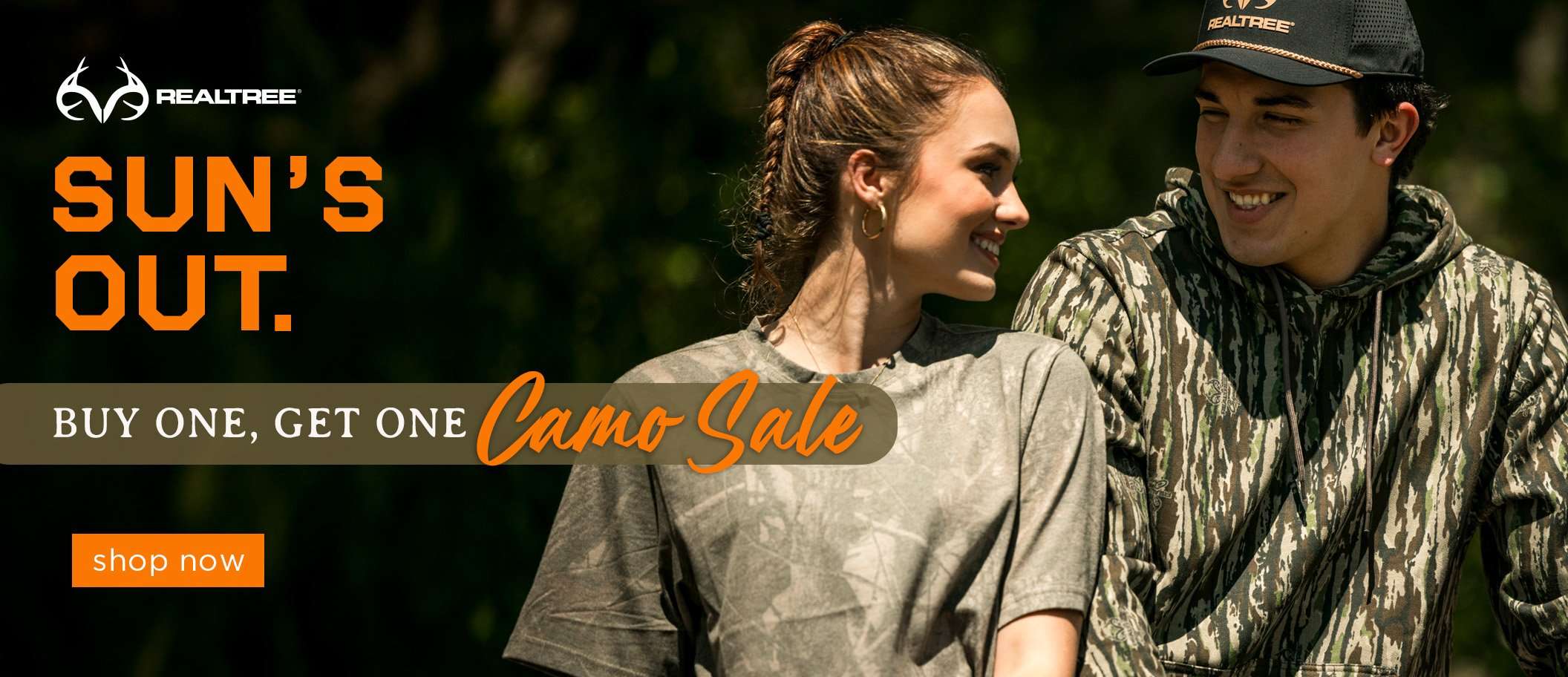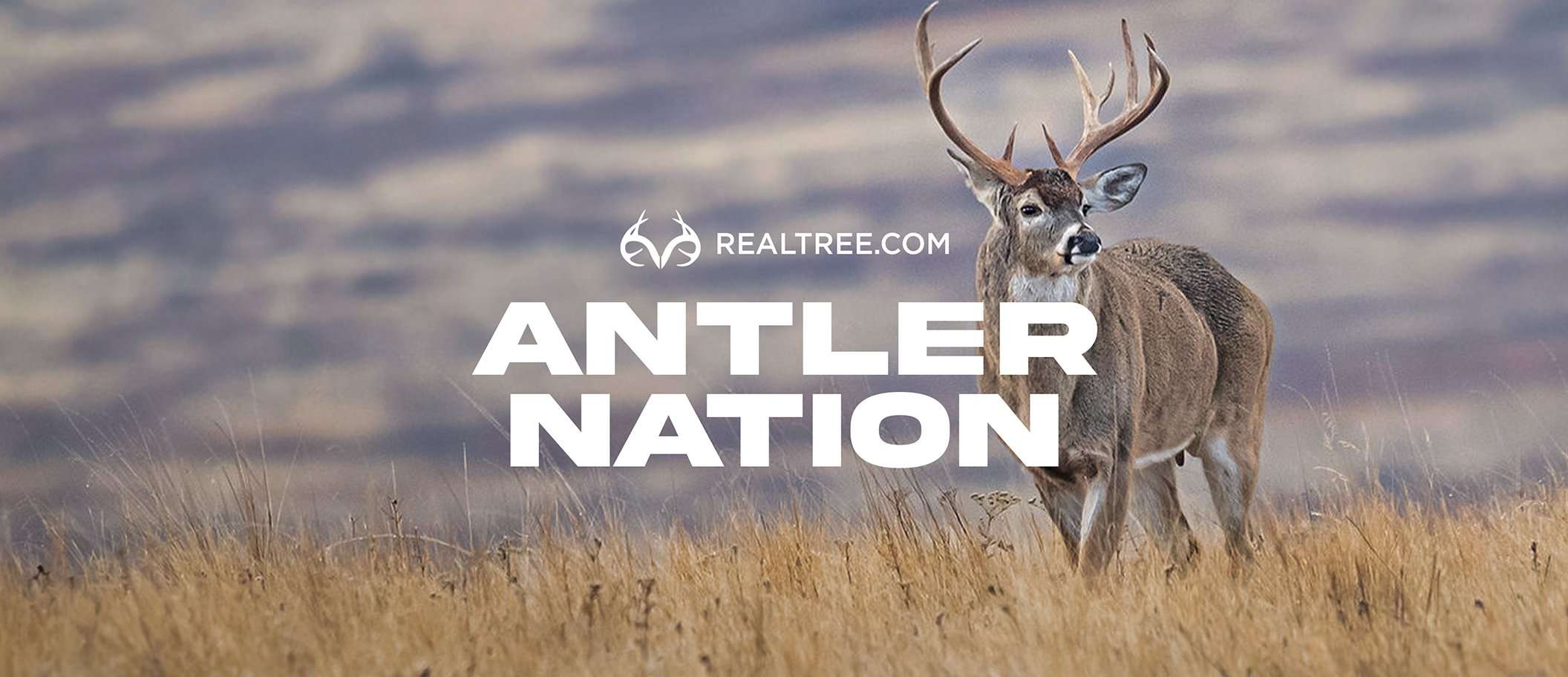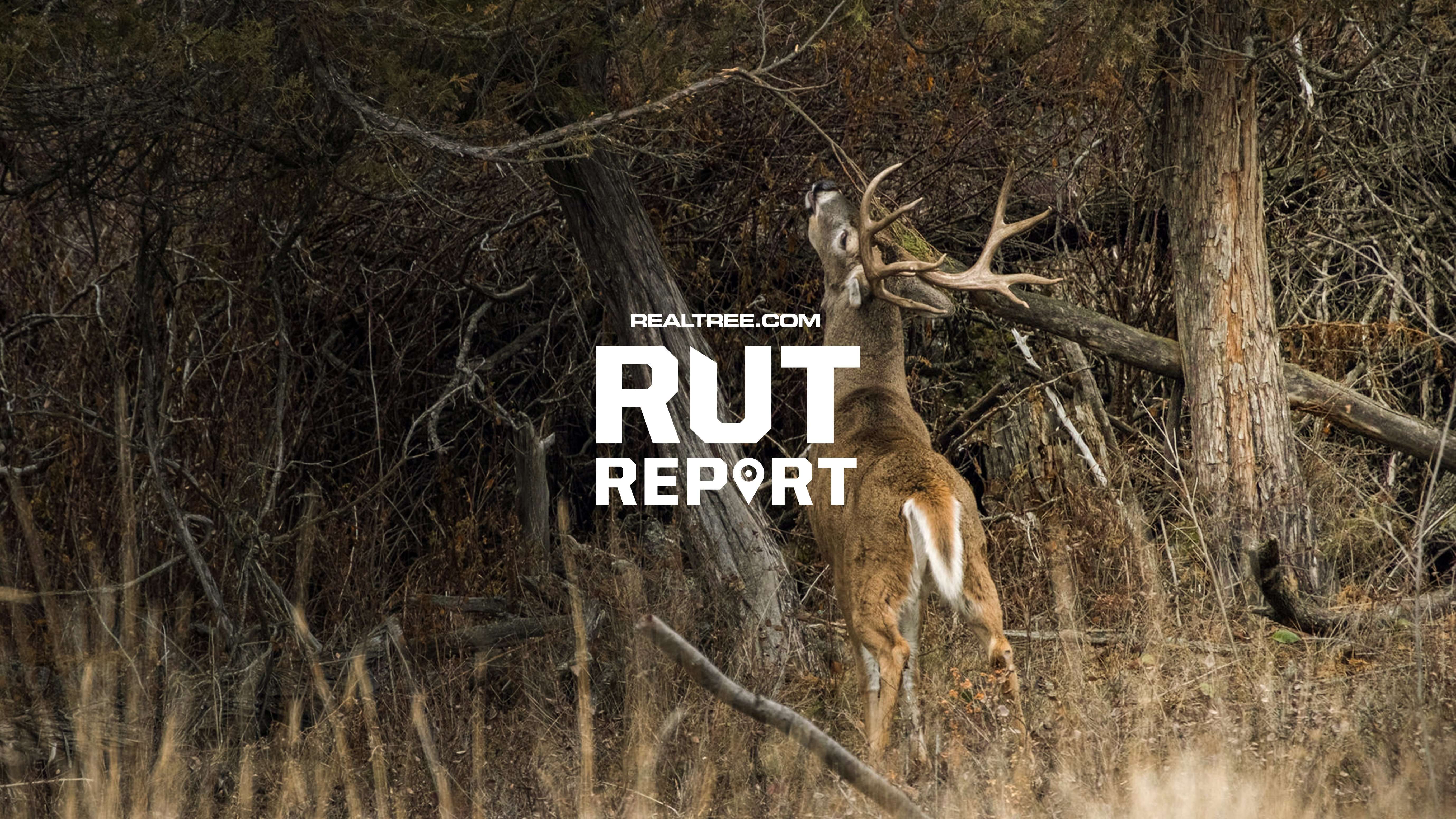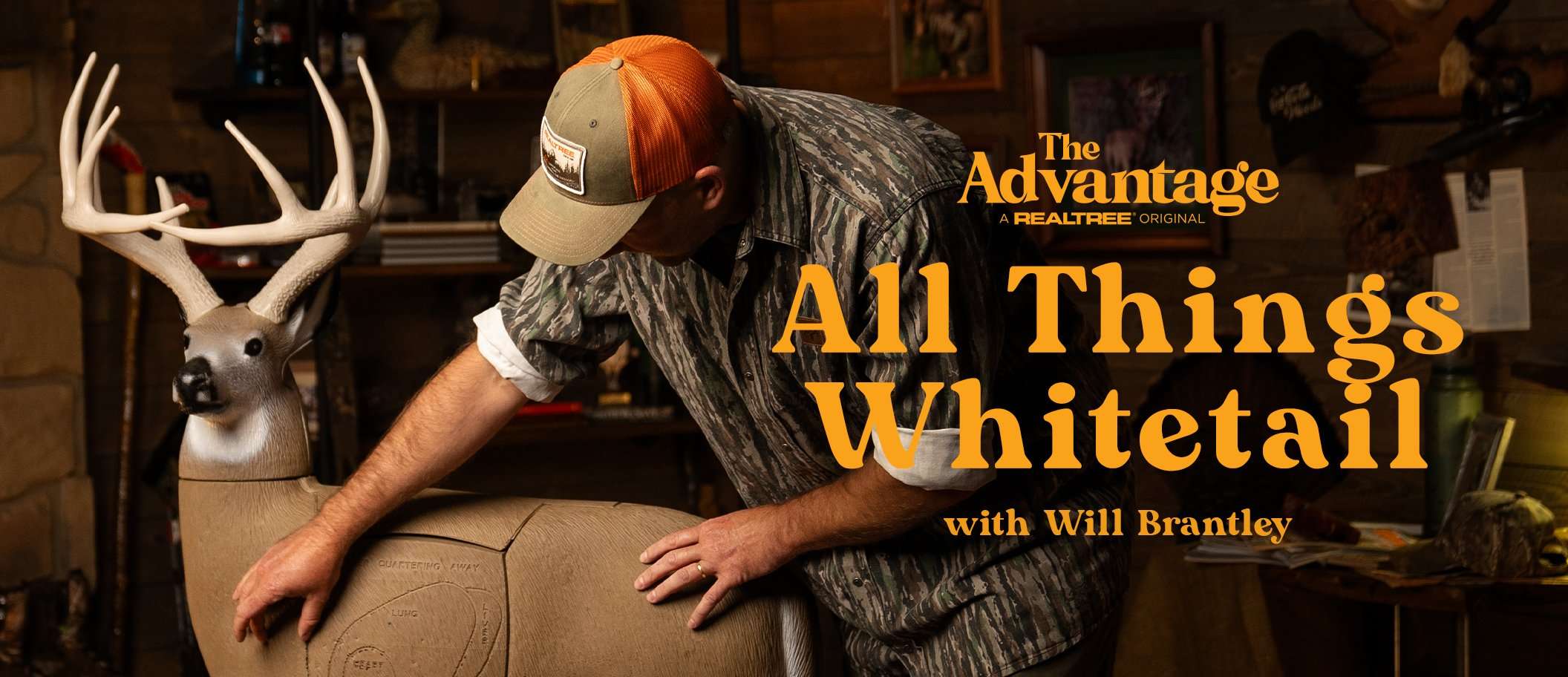Do you know those folks who seem to get big bucks every fall and gobblers each spring? It’s not by accident
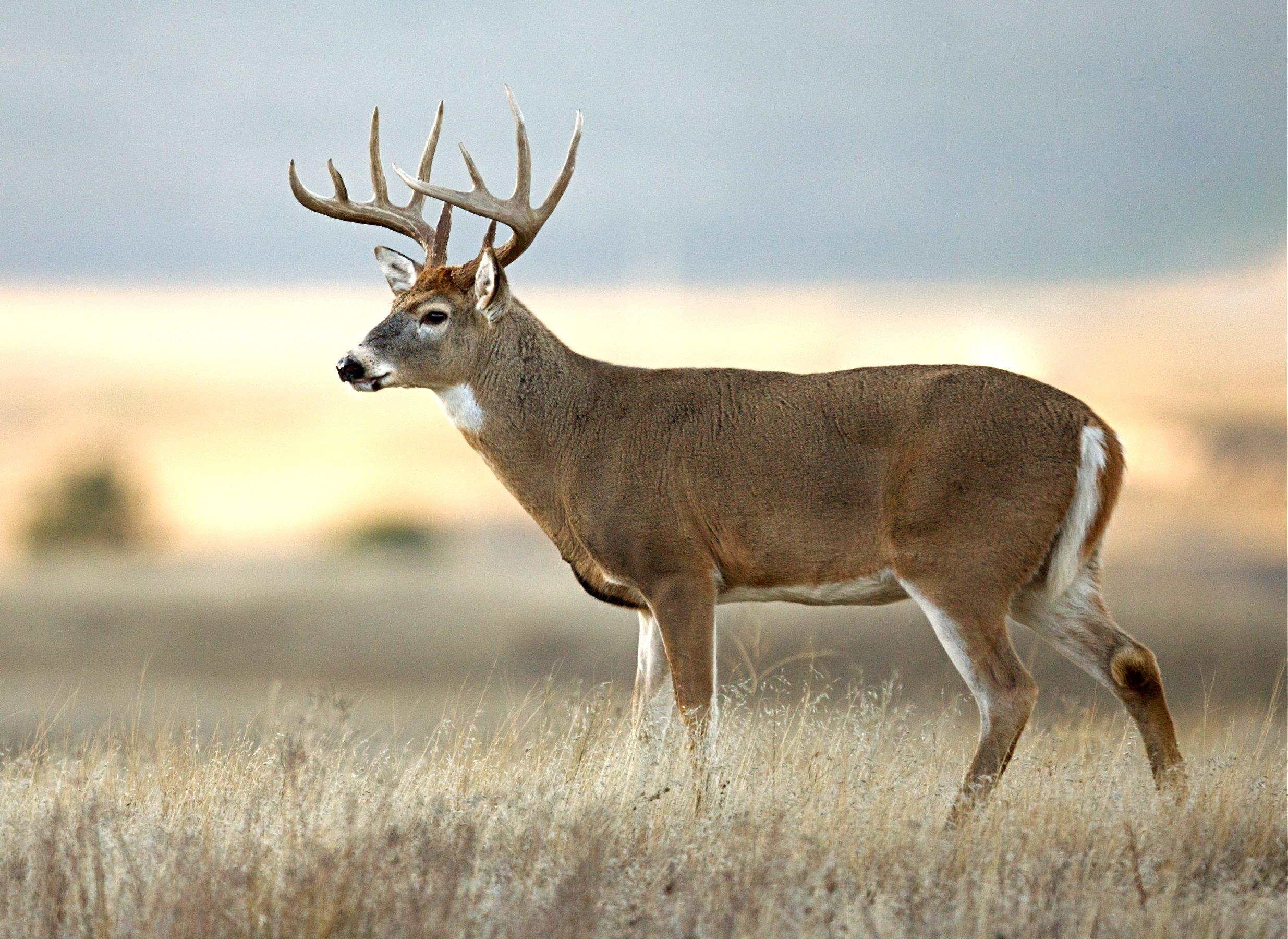
Successful hunters rely on good habits over luck to put the odds in their favor. Photo by Tom Reichner
Sometimes there’s a little luck involved in a successful hunt, but the most consistent hunters still don’t leave much to chance. The guys and gals who fill their limits season after season have an understanding of the wildlife they’re chasing and purposeful routines for every day that they’re in the woods. Whether you’re a seasoned hunter or new to the sport, these 10 habits practiced by consistently successful outdoorsmen and women are the blueprint to your own success.
1) SCOUT CONSTANTLY
Scouting lays the foundation for every informed decision a hunter makes in the field. By studying food sources, patterns, and travel routes, hunters can greatly increase their chances of success. The best hunters scout at least as much as they hunt, and often more. Scouting before the season opens, no matter what kind of game you’re chasing, is a must.
Rusty Creasey, Realtree pro staffer and duck guide, says, “You always need to know what’s going on with the weather, the game, and the conditions, no matter what you’re hunting. If I’m hunting ducks, I’ll check the river depths because they go up and down. During the summer, you’ll find me running the rivers, sloughs and backwaters, documenting all of the info. During rainy days or when I’m resting at home, I’m always studying topo maps to figure out the best places to hunt. I scout every chance I get and you should too.”
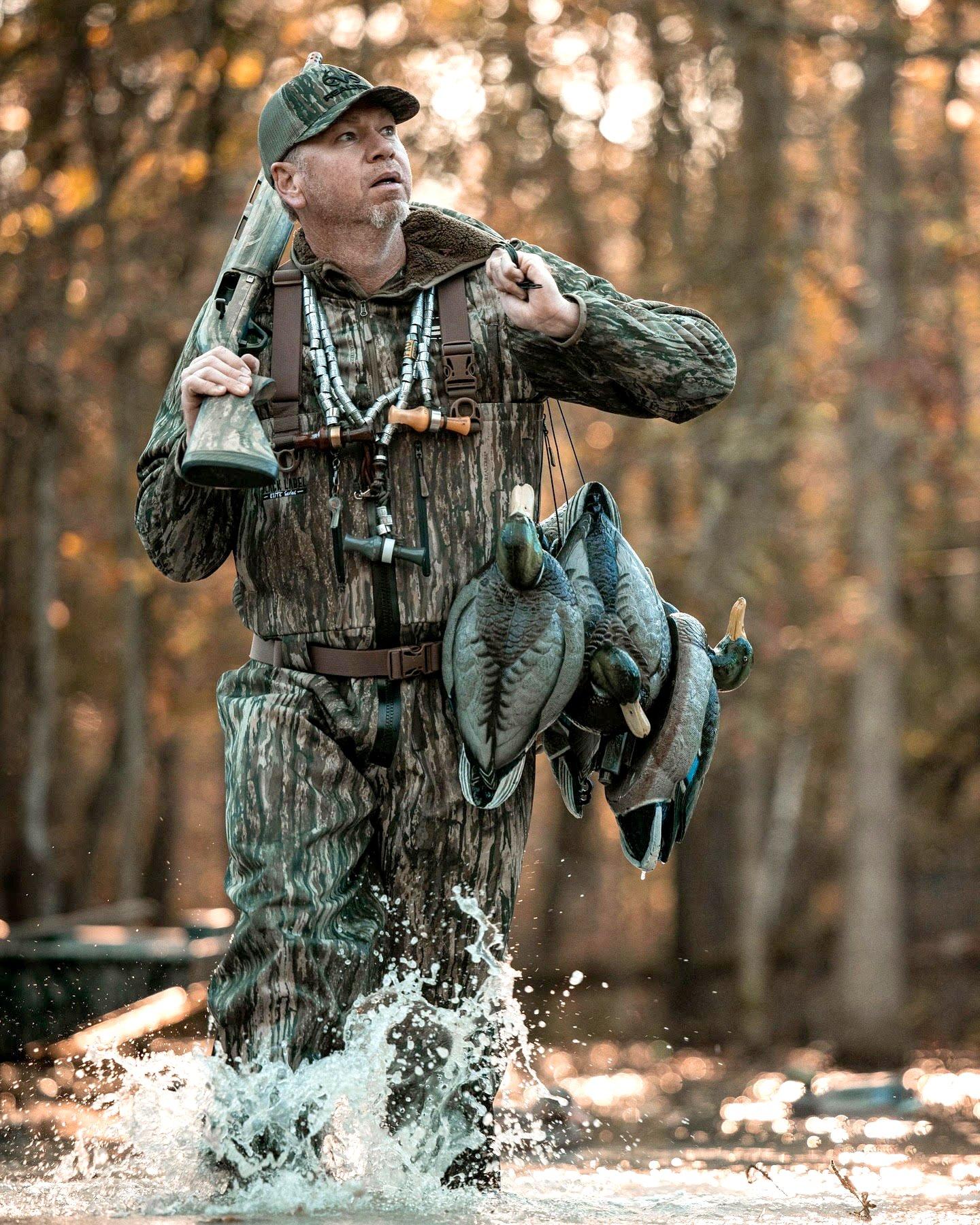
Rusty Creasey scouts every chance he gets, and you should too, for a better chance of success. Photo provided by Rusty Creasey
2) ROUTINE GEAR PRACTICE
Regular practice with your bow or gun builds muscle memory, sharpens accuracy, and increases confidence in real hunting scenarios when adrenaline kicks in. Consider shooting a few arrows each evening or hitting the range weekly with your firearm. That frequent practice helps you become more comfortable with your bow or gun and more confident in the field.
Don’t Miss: 20 Thinks to Know About Deer Body Language and Behavior
“Go out to the range and practice with your bow, rifle or shotgun – whatever you plan to use,” Creasey says. “Take as many shots as you can during the off season, so that when you’re faced with one shot at that key moment, you’ll be ready.”
3) BE IN TUNE WITH TRAIL CAMS
Game cameras provide important information on animal patterns, behaviors, and movements without disturbing the area. That info can help identify high-traffic areas, determine the best hunting times, and help you decide where to set up blinds or stands. Cellular game cameras help reduce disturbances in your hunting area by transmitting photos and videos directly to your phone or computer so you don’t have to visit the camera site to pull the card to check footage.
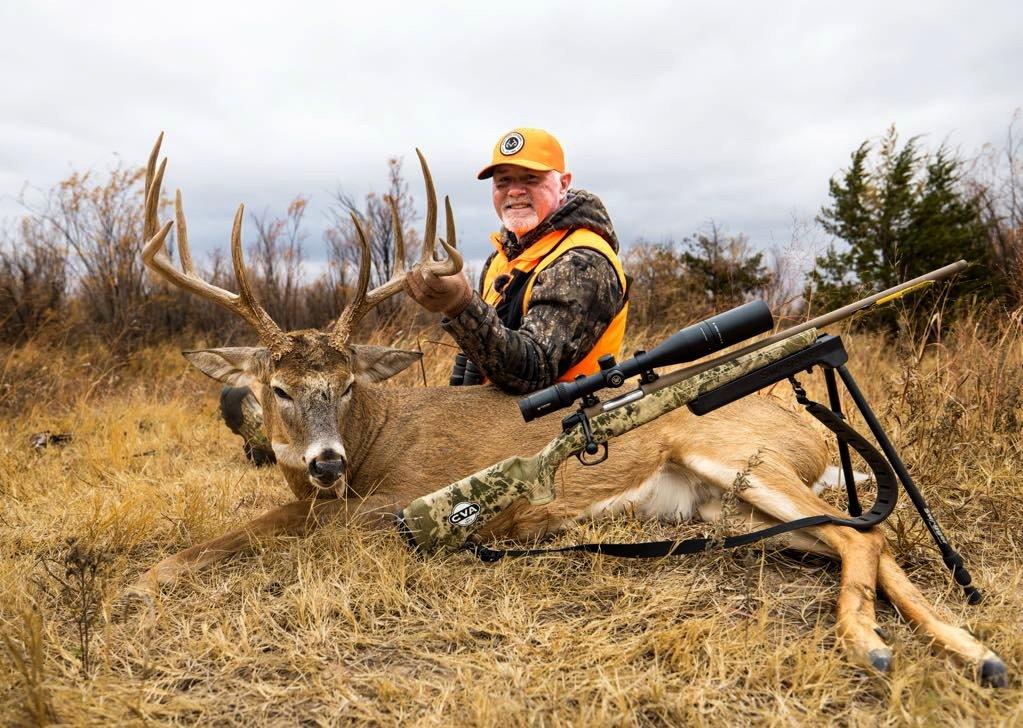
Sticking with the plan helps Jeff Danker keep focused when it matters the most. Photo provided by Jeff Danker
Jeff Danker, host of BuckVentures Outdoors, uses solar battery packs for his cellular cameras to further reduce the number of times he has to physically check his cameras.
“I want to go as little as possible, especially if the camera is near where I hunt. The last thing you want to do is ruin a prime hunting location by walking in there to your camera time and again. I also set up my cameras 2 feet higher than everyone else does so the flash will not spook the deer. In addition to that habit, I spray down every camera with scent control,” he says.
4) BE DISCIPLINED
By making discipline a habit, you reduce mistakes caused by impulsive decisions. Danker says he’s so disciplined with his hunting plans that people often question him.
“When I begin the process of finding the good setup, I decide right then what and how I’m going to hunt it and I stick with it,” he says. “If I plan to only hunt a stand when there’s a northwest wind, then I don’t change my mind and hunt it with a west wind. I stay with the plan. It helps me to keep focused.”
5) PREPARE IN THE OFF SEASON
Proper preparation includes ensuring your gear is in order, familiarizing yourself with the area you’re hunting, learning local regulations, and planning your approach. Failed preparation can result in missed opportunities.
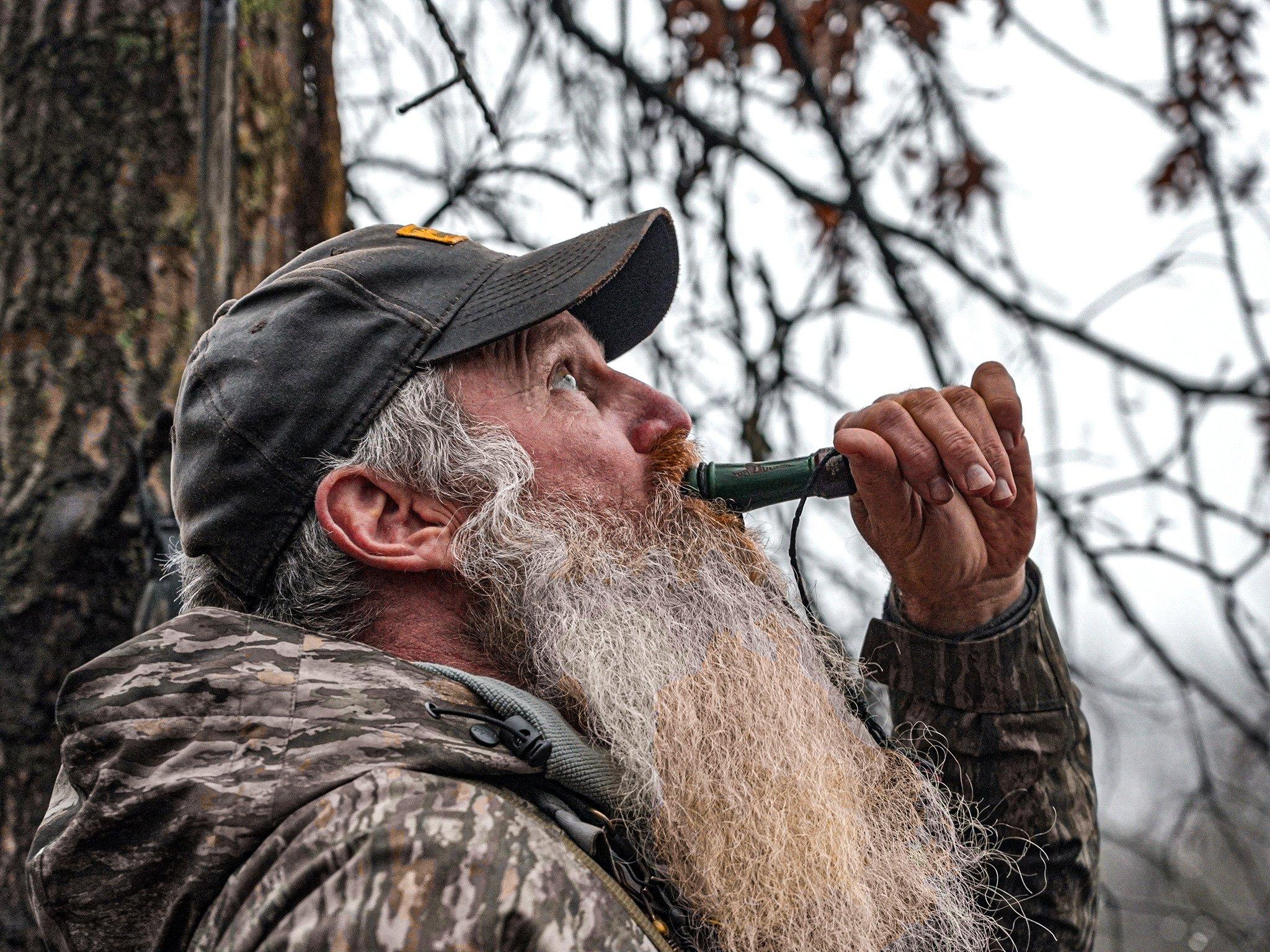
Dennis Loosier makes sure to always wear camo that matches the terrain he’s hunting. Photo provided by Dennis Loosier
Dennis Loosier, host of the Dr. Duck YouTube Channel, always goes prepared for the specific terrain and region he’s planning to hunt. “I do a bit of research to make sure I have the best shotgun, choke, and load for the game and terrain I’m hunting,” Loosier says. “There are a lot of variables to consider when planning for a hunt and if you don’t have the correct gear or plan, you’ll just be wasting your time.”
6) HIDE OUT OF HABIT
Making concealment a consistent habit is essential. With practice, choosing the right camouflage, staying downwind, and moving slowly and deliberately become more natural. By incorporating these practices into every outing, hunters increase their chances of getting closer to game undetected.
Loosier says effective camo that is matched to the terrain is important for hunting most game species, and it’s especially important when hunting ducks. “If the hunters aren’t concealed well with their faces painted and wearing the right camo, the ducks will spook,” he says.
7) KEEP STILL
Game animals have highly developed senses that can easily detect motion. A turkey’s exceptional eyesight and superb hearing makes it particularly sensitive to movement. Same with a deer, which will quickly become wary if it notices unusual activity, especially in areas with high hunting pressure. Ducks will alter their behavior if they notice a disturbance. Good hunters know to be still whenever they’re in the woods, even outside of hunting season. Bert Moore, avid hunter and territory business manager at Schooler Outdoor Marketing, says, as an extra precaution, he never uses the same path to or from his stand.
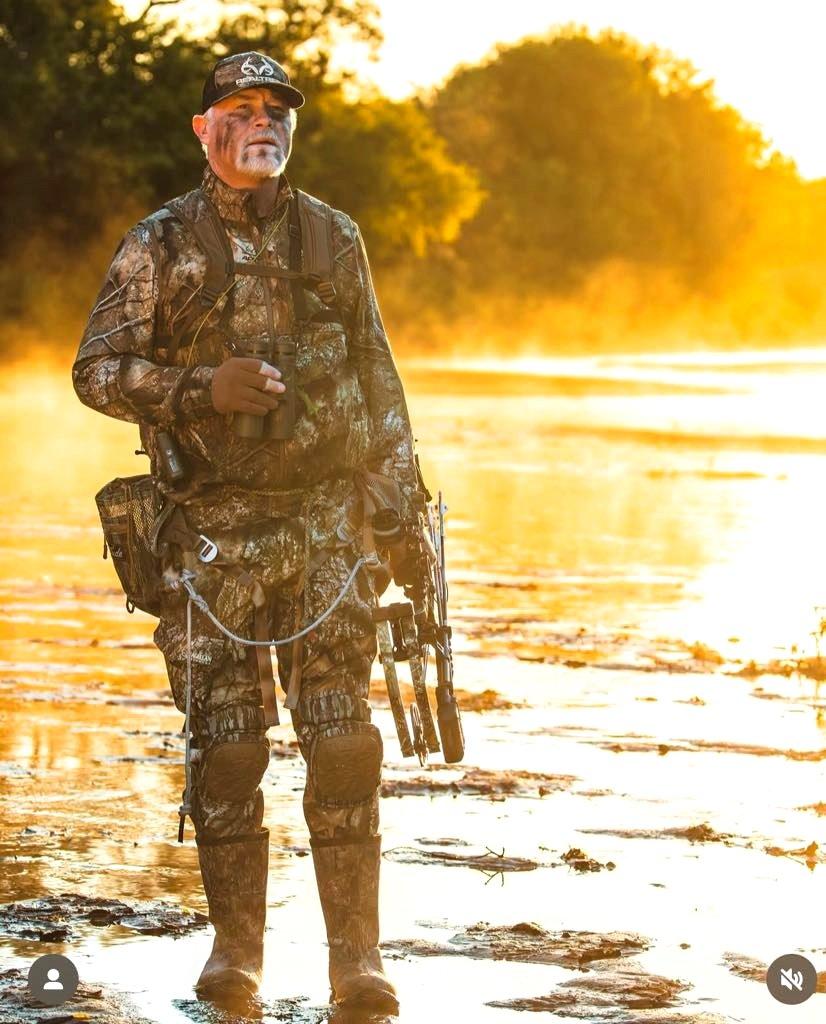
Keep a low profile and consider using a different path to and from your stand, as deer will pattern your movement. Photo provided by Jeff Danker
“Deer will pattern your movement, especially on smaller tracts,” Moore says. “I am also not a fan of run-n-gun turkey hunting in the morning because it disturbs the flocks. Limiting your movement is important for both deer and turkey hunting.”
8) CALL SPARINGLY
Knowing when to stay silent can be just as crucial as knowing how to call when duck or turkey hunting. Overcalling can educate birds, making them less likely to respond. A few well-timed calls are more effective than a constant barrage. Practice restraint and learn to read the birds’ behavior, so you can call just enough to spark curiosity without raising suspicion.
Don’t Miss: The 10 Best Times to Deer Hunt
Moore says calling less needs to become a habit for every hunter.
“Once I can get a gobbler to answer me, I tend to get very quiet and only call enough to keep him interested and coming,” he says. “When duck hunting, I study the incoming flights and know how much or how little to call to them. It takes some time and experience to learn this. Knowing how to blow a subtle feed chuckle is important.”
9) BE PATIENT
Hunting success often comes down to the ability to wait. Wildlife moves on its own schedule, and rushing can spook game or lead to poor decisions. By getting into the habit of remaining patient, you increase the likelihood of an animal coming into range and making a clean and ethical shot when it does.
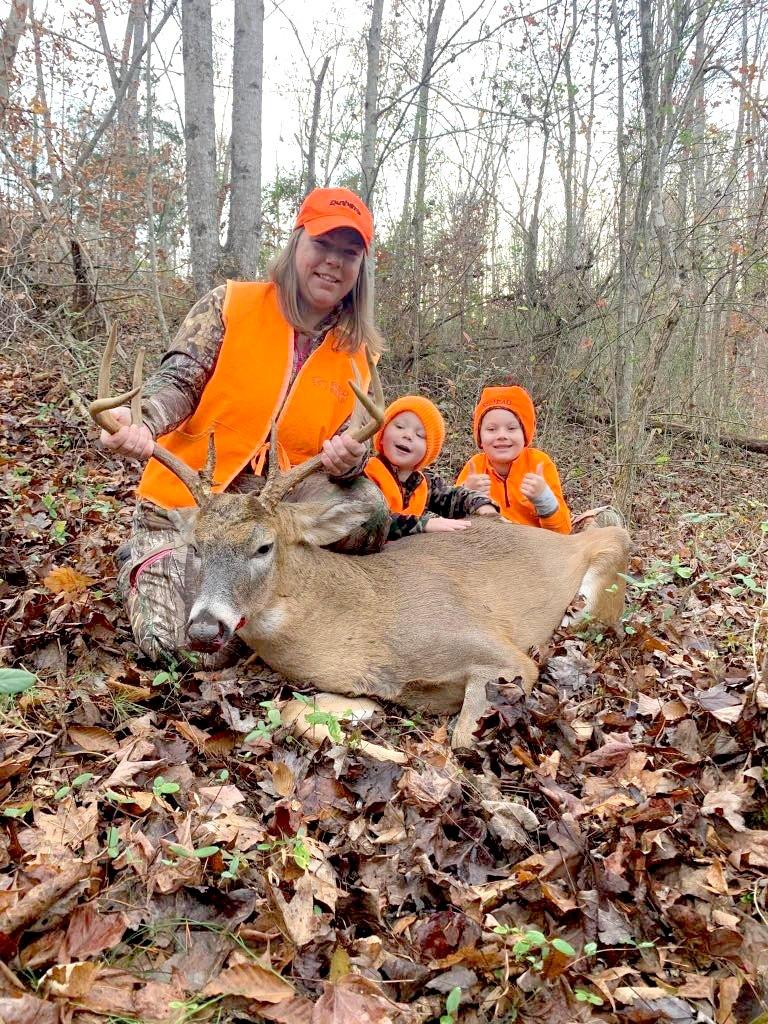
Christina Waters is teaching her children the importance of patience throughout the hunt. Photo provided by Christina Waters
Christina Waters, who hunts throughout the country with her family, says she and her husband are teaching their children about the importance of patience in the field.
“To be a successful hunter, you must have the patience to wait for an animal to come within range and present an ethical shot. That can be rough when you’ve already spent a long day in the woods and the weather is challenging. But it’s something every hunter must learn in order to be successful.”
10) NEVER STOP LEARNING
Staying informed about animal behavior, habitat conditions, regulation changes, and new gear or techniques helps you adapt and improve with each season. Whether you’re reading up on the latest science, testing new gear or spending time in the field, year-round learning builds confidence and increases your chances of success.
Waters says she and her family dive deep into learning everything they can about the animals they’re hunting and their behavior.
“We study their food preference, travel patterns, etc. We dedicate time to knowing the land we hunt like the back of our hands,” she says. ”When we acquire new land, my husband prints off topo maps that we study over and over. When we are in the woods, especially during the offseason, we are constantly studying the terrain. Even when we are just recreationally hiking in areas we don’t hunt, we still practice observing the land. It’s great practice, especially for our children.”
Smart habits separate successful hunters from the occasionally lucky. These 10 hunting habits are not about shortcuts or gimmicks; they’re about the proven patterns and daily disciplines that make good hunters great. Overtime, these habits become second nature and help build the foundation for confidence, readiness, and long-term success in the field.



